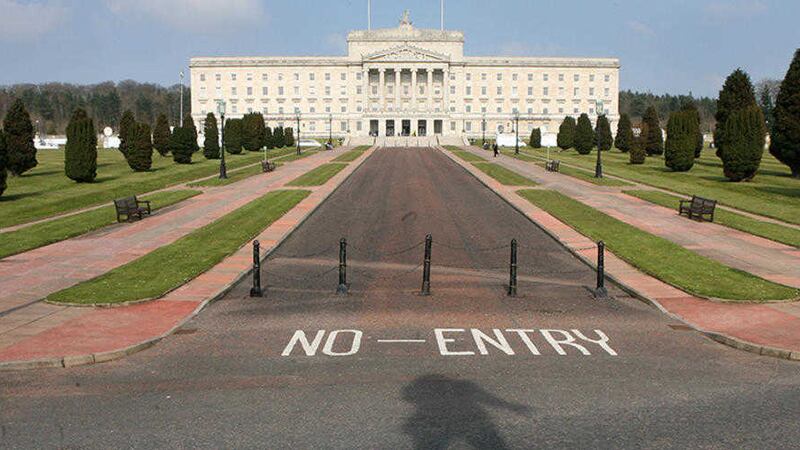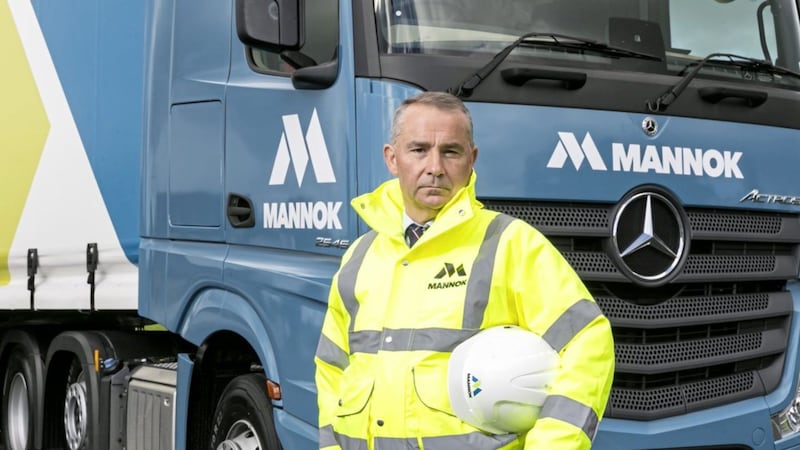IT'S set the date and rate . . . but Northern Ireland may NEVER have the financial clout to run with its own rate of corporation tax, an economic think-tank believes.
As part of the Fresh Start agreement signed off last month, Stormont confirmed that it will charge a business profits rate of 12.5 per cent from April 2018, comparable with that in the Republic.
Having that fiscal power should help attract more foreign direct investment, benefit most indigenous businesses and could ultimately lead to the creation of tens of thousands of jobs in the next decade, its advocates insist.
But various estimates point to it costing between £200m and £300m a year from the north's bloc grant - money which is currently being used towards other key public service.
And Paul MacFlynn, an economist with the Nevin Economic Research Institute (Neri), claims the north's finances will never be able to stand that level of cost for corporation tax.
Speaking in Belfast as Neri launched its winter 2015 quarterly economic observer (QEO), he said: "Paying to have corporation tax-setting powers was always going to be the elephant in the room for the Executive.
"The question of where the money was coming from has never been adequately addressed, because the whole corporation tax campaign was born in a very different economic age."
Neri says the prospect of a further four years of public spending cuts in the north "weighs heavily on the region's economic outlook".
Mr MacFlynn said: "These will be cuts compounding on cuts, and it's hard to see where you can make the required minimum of 2 per cent of savings year after year.
"Given that the lower rate of corporation tax is due to begin from April 2018, I believe it's far too late to make provisions within the 2017/2018 budget, and things will only get more difficult further down the road."
Neri's latest report focuses heavily on the impact to the north's economy of the National Living Wage introduction from next April, which will affect one in eight workers in Northern Ireland.
An increase in the minimum hourly rate to £7.20 will lead to an automatic increase for 13 per cent of employees in the north, which remains one of the UK’s lowest paid regions.
As many as one in three people in the hospitality sector will benefit from more cash in their brown envelopes, while the other sectors to do best from the changes are in retail and health/social care.
Neri's QEO suggests the national living wage would not have compensated for the loss of income arising from changes proposed to tax credits in the summer budget.
More than three quarters (77 per cent) of working families who would have been affected by changes to tax credits would not have seen an increase in income due to the national living wage. Some 20 per cent would have seen some increase, while only 3 per cent could plausibly have avoided a reduction in income.
Mr MacFlynn said: "The capacity of the NLW to compensate for tax credits is significantly limited and this needs to be recognised in any future discussions of welfare reform.
“The impact of the NLW in Northern Ireland may be felt by some sectors more than others, but these may be the same firms who will see the benefit of increased spend in the domestic economy,” he added.








